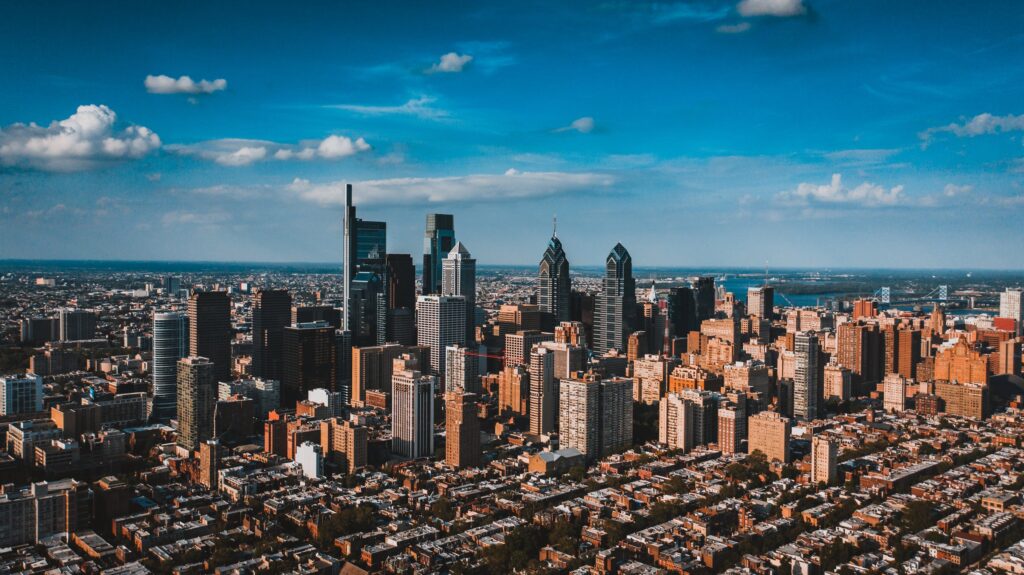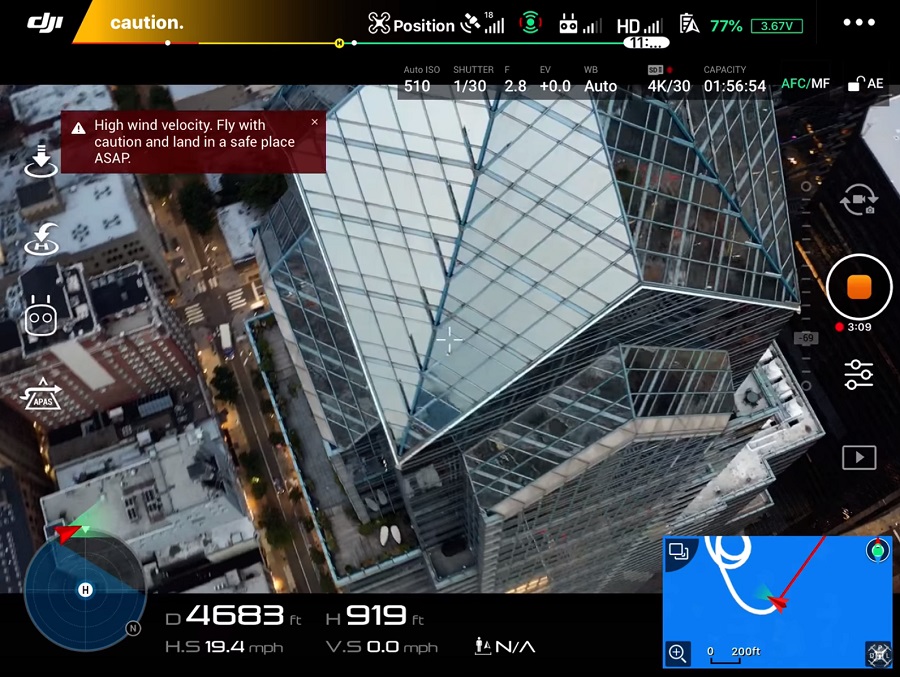
The Federal Aviation Administration (FAA) has fined a Philadelphia man known simply as “Mikey” more than $182,000 for taking pictures of the sky around the City of Brotherly Love. The FAA claims he broke numerous laws when he took to the sky for his YouTube channel “PhillyDroneLife” using a drone to livestream images of the sky, the skyline, and skyscraper close-ups.
In November, the FAA informed the unlicensed drone pilot that he broke FAA rules a total of 123 times, with each one worthy of a $1,500 fine. The total amount in civil penalties for the crime adds up to a whopping $182,004. The violations were related to drone videos he live-streamed on his YouTube channel from December 2019 through August 2020.
The FAA attempted to have the pilot correct his ways before levying the steep fine. On October 22, 2019, the FAA sent the man a warning letter stating that he was operating a drone in violation of FAA regulations. In early November 2019, the FAA says they provided “counseling and education regarding requirements for safe operations of a sUAS under the Federal Aviation Regulations.” For civilian operations in the United States, the term small unmanned aircraft system, “sUAS”, is defined as a system consisting of an unmanned aircraft or unmanned aerial vehicle (UAV) weighing less than 55 lb, and equipment necessary for the safe and efficient operation of that aircraft.

Currently, a license is required to fly a drone for commercial purposes; a license could soon be required for anyone flying for recreational purposes too. A drone license, technically a “Remote Pilot Airman’s Certificate”, is required whenever someone is earning money when they fly a drone. The FAA has long held that posting drone videos to YouTube, where video uploaded can be monetized, counts as commercial flight.
The FAA plans to roll-out a knowledge test for recreational drone pilots; once released, it is likely the FAA will mandate that any drone pilot, commercial or otherwise, must carry some kind of license or certificate that proves they passed the test. The FAA has been unable to provide timing for when this would be rolled out.
For now, to obtain a drone license from the FAA for commercial operation, you must complete a variety of tasks. First, you must be at least 16 years old and you must pass the Aeronautical Knowledge Test, also known as the “Part 107″ test”, at an FAA-approved knowledge testing center around the U.S.. You must also pass a background check by the Transportation Security Administration (TSA). To keep the license active, drone pilots must pass a recurrent aeronautical exam every two years.
In the case of “Mikey”, not only did he not have a commercial license, but he violated basic rules that someone who took an aeronautical knowledge test would know. These basic rules include flying over people/buildings without authorization, flying too high, and flying in poor weather.
This fine is the second highest ever proposed by the FAA. In 2015, the FAA served a $1.9 million civil penalty against SkyPan International, Inc. of Chicago. In January of 2017, SkyPan International and the FAA settled, with SkyPan paying a $200,000 civil fine; SkyPan also agreed to pay an additional $150,000 fine if it violated FAA regulations within a year of the settlement and an additional $150,000 fine if it fails to comply with the terms of the settlement agreement.